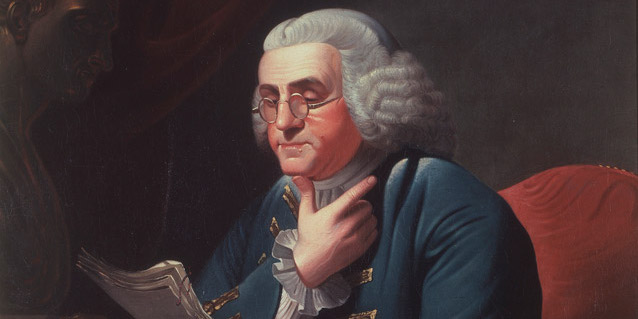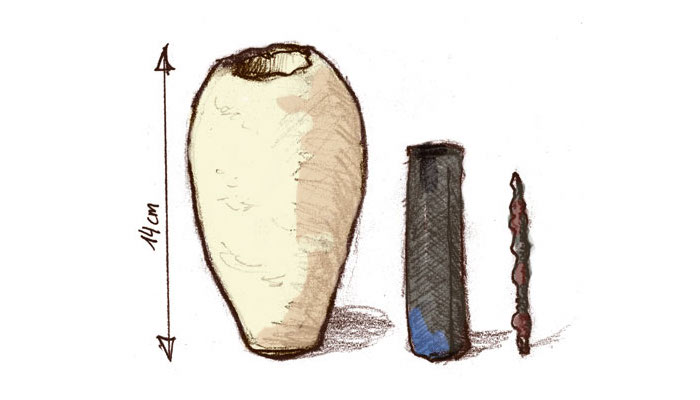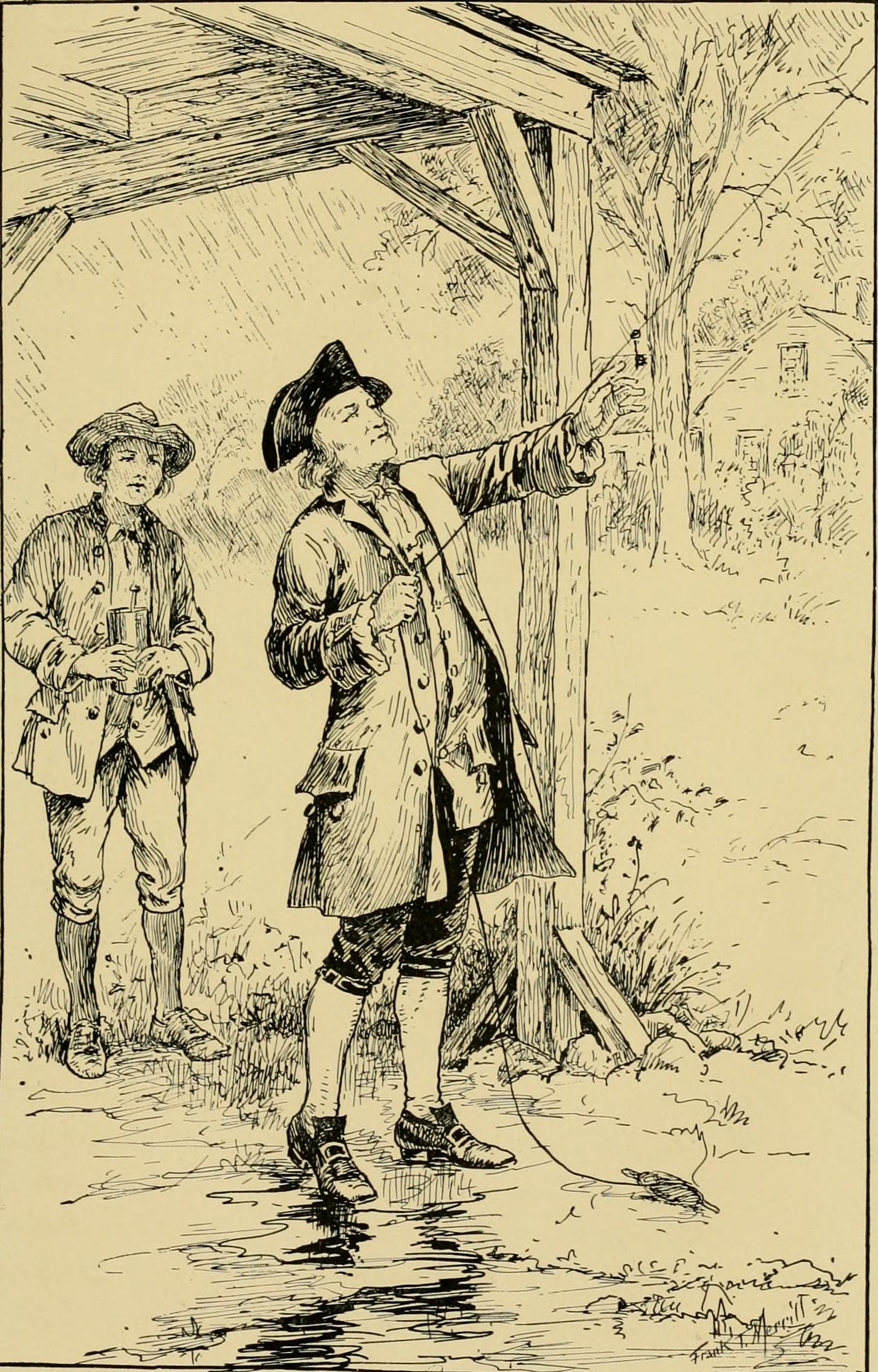EMA License: 9/21140 | Open 9am - 6pm | Monday to Saturday | Call 84193988

Did Benjamin Franklin Really Discover Electricity?
In our modern society, electricity is almost as important of a resource as water. Electricity is used to power all of our tools, devices, consoles, machines, appliances, and much more. Without electricity, we would not be able to power our cars. Without electricity, we would not be able to use lights at night.
It’s obvious that electricity has been an important innovation since its discovery. But, who was the first person to discover how to harness this natural power? Was it truly Benjamin Franklin, like we were told? Or has the use of electricity been around for far longer than that?
By reviewing a brief history of electricity and the steps humans have taken to its discovery, we can start to understand whether or not Benjamin Franklin’s infamous kite-flying event was really the first of its kind.

Image: Illustration of the Baghdad Battery, an electric cell created over 2000 years ago.
The History of Electricity
Humans have been studying the power of electricity as a natural phenomenon since the beginning of time. Even ancient civilizations like the Egyptians have records of using conductors and batteries in some form or another.
For example, a 2,000-year-old clay pot was discovered to contain copper plates, a tin alloy, and an iron rod. Could this imply that ancient cultures knew what the power of harnessing electricity really was? Were they able to make batteries out of some simple materials and a conductor? What was this ancient battery used for?
In more recent history, a 17th-century scientist by the name of William Gilbert wrote about his studies on electricity and magnetism. He often studied the power that electricity contained, and he is often credited as the first to coin the term, ‘electricity’.
Who Really Discovered Electricity?
Benjamin Franklin is still widely regarded as the first person to understand that electricity has positive and negative components that charge each other, creating a flowing form of energy.
He was not the first to discover that electricity contained power, however. Scientists who came before him often did experiments with static electricity, which of course is not as powerful as electricity that comes from natural lightning, but it is still on the right track. Static electricity does have some powerful components, but it wasn’t until Ben Franklin’s time that humans began to harness energy from the lightning itself.
Benjamin Franklin proposed that lightning provided the most powerful form of electricity, like a larger version of the static power that is shared between positive and negative charges. He wanted to take his proposal a step further by conducting an experiment that would prove that lightning is electricity.

Image: Illustration of Benjamin Franklin's famous Kite Experiment, where he flew a kite during a thunderstorm to prove that lighting is electricity.
Ben Franklin’s Legacy
In the year 1752, Benjamin Franklin made a brave step towards proving that electricity can come from lightning. He knew he needed to come up with a way to conduct the electricity from the lightning, which is why he tied a metal key to the end of a kite.
On a stormy night, he flew a kite high up into the air and waited for lightning to strike. Within moments, he was able to prove that his theory was correct - the storm clouds generated a powerful form of electricity, which struck in the form of lightning and hit the key. It even went up Benjamin Franklin’s arm and gave him an electric shock! Fortunately it was not a strong enough shock to hurt him, and he was able to use it as proof that his theory about lightning was correct.
Ever since the day of that experiment, scientists became fascinated with electricity and how it works. They wanted to come up with a way to harness the awesome power displayed by such a strong force of nature and use it to power tools and devices.
One of the first inventions that came from Franklin’s discovery was Thomas Edison’s electric light bulb invention in 1879. Although it was over 100 years after Ben Franklin’s experiment, it was a massive change in modern culture that made huge strides towards human progress.
Since then, people have been developing ways to harness electricity and use it for power, such as our team at electrician Singapore. In our modern world, we have millions of tools, machines, devices, and appliances that use harnessed electricity to keep them powered. We have many scientists to thank for these inventions, including Benjamin Franklin, who is often hailed as the father of modern inventions.